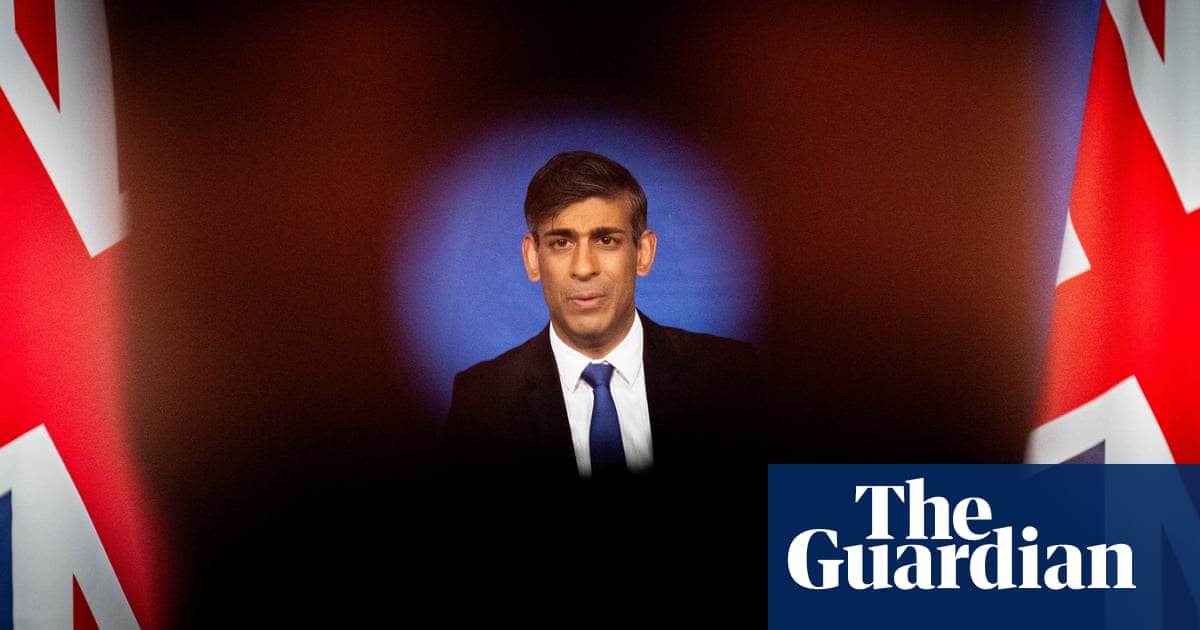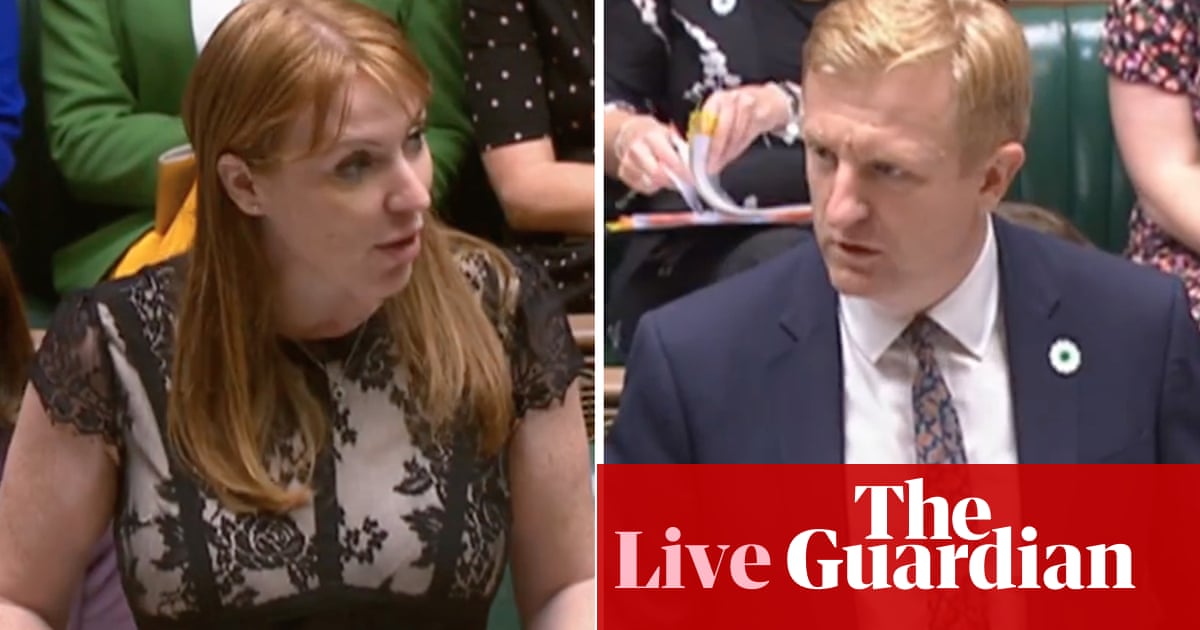
“Rishi is heading for Theresa territory,” says one Conservative backbencher, after a week in which Sunak appeared to lose control of his party.
A managerial prime minister squeezed by warring Tory factions, mired in a parliamentary battle and haunted by the missteps of their predecessor: Sunak will be wary of how May was ousted after struggling to get her flagship policy through the House of Commons.
The prime minister has had one of the worst weeks of his premiership after losing Robert Jenrick, his immigration minister, who told him his Rwanda plan was not strong enough to work.
He is due to give evidence to the Covid inquiry on Monday, and will face challenging questions about the wisdom of his “eat out to help out” scheme, which is blamed for helping to spread the virus in summer 2020. His government has also been hit by a return of headlines about Partygate as Boris Johnson gave evidence defending No 10’s actions during the pandemic.
And yet Sunak will face an even greater challenge on Tuesday as he attempts to get his emergency legislation aimed at overcoming legal hurdles to the Rwanda plan through the House of Commons.
Tory MPs think it is now likely that the legislation will pass, but the two factions of the party are planning to lay opposing amendments in support of their positions in the coming weeks or after Christmas. The hard right of the party wants more concrete opt-outs from human rights law, and the centrist wing worries that Sunak’s emergency legislation already goes too far in undermining human rights.
“I don’t think the showdown will be on Tuesday,” said one Conservative former minister on the more centrist wing of the party. “If it hadn’t already been invented, we wouldn’t invent the Rwanda scheme but we are where we are. But the real issue is simply going to be how do you get to a point that both wings of the party are happy.
“That is hard to envisage that. But we got through Brexit, so maybe we will get through this.”
Conservative MPs have said the One Nation group is broadly more on board with the position than the right wing, although there will be some who cannot support the legislation as it stands. On the right, there are more who are hardline and refusing to support the bill without further amendments down the line.
There is also growing disquiet among Tories about the rising cost of the scheme, opening up territory for Labour to attack the party on the grounds of competence and bad economic management.
“It’s too expensive and not going to be value for money quite obviously,” one MP said. “But politically, it’s now impossible to junk this.”
Tory MPs have described the atmosphere towards Sunak as frustrated and support for him as “wobbly”, with many regarding his decision to bet his premiership on stopping small boats as being unwise.
However, only one Conservative MP, Andrea Jenkyn, has gone public with her no-confidence letter despite reports of more than a dozen having gone in to the 1922 Committee of backbenchers.
The clear difference with May’s premiership is that Sunak and his Tory colleagues are staring down the barrel of an election within the next 12 months, despite trailing hugely in the polls.
Conservative MPs know they ought to be presenting a united front, and the idea of a swapping to a third unelected prime minister in as many years would probably be too much for the electorate to stomach.
One former cabinet minister said that while they did not necessarily expect an imminent leadership challenge, reaching the necessary threshold of 53 letters of no confidence from Conservative MPs could not be ruled out.
“There are more than 50 colleagues who know they will lose their seats, so they essentially have nothing to risk,” they said. “There are another 150 who think they might lose their seats. We could very easily get to a point where 50-plus letters go in and we stumble into a leadership election.
“I don’t think there’s any appetite for it now, but that is contingent on things not getting any worse. If we get into spring and the polls are deteriorating, it could change very suddenly. Watch this space.”
One longer-term reason for Sunak’s unpopularity was the perception he had shifted the government to the centre with the appointment of David Cameron as foreign secretary and James Cleverly to the Home Office, they added.
“It looks like he has chosen Winchester over Workington,” the MP said. “The problem is that Winchester has already probably chosen the Lib Dems. Workington is still to play for.”
The big battle over the immigration legislation is also crucial for the timing of an election. If it looks like it will pass, Sunak will want as much time as possible to try to get a flight to Rwanda off the ground before going to the polls. If it is blocked, it is possible he could call an early contest fought on the grounds of trying to get a parliament that will pass the law and possibly a hardline manifesto promise to leave the European convention on human rights.
However, one Conservative minister dismissed the idea of an early poll, saying they would be very surprised if Downing Street opted for a spring election. “As the polls stand, we would lose badly. I can’t think of a prime minister who went for an election before they had to, knowing that they would lose. There is always the hope that something will come up. And if not, you get more time being prime minister.”












